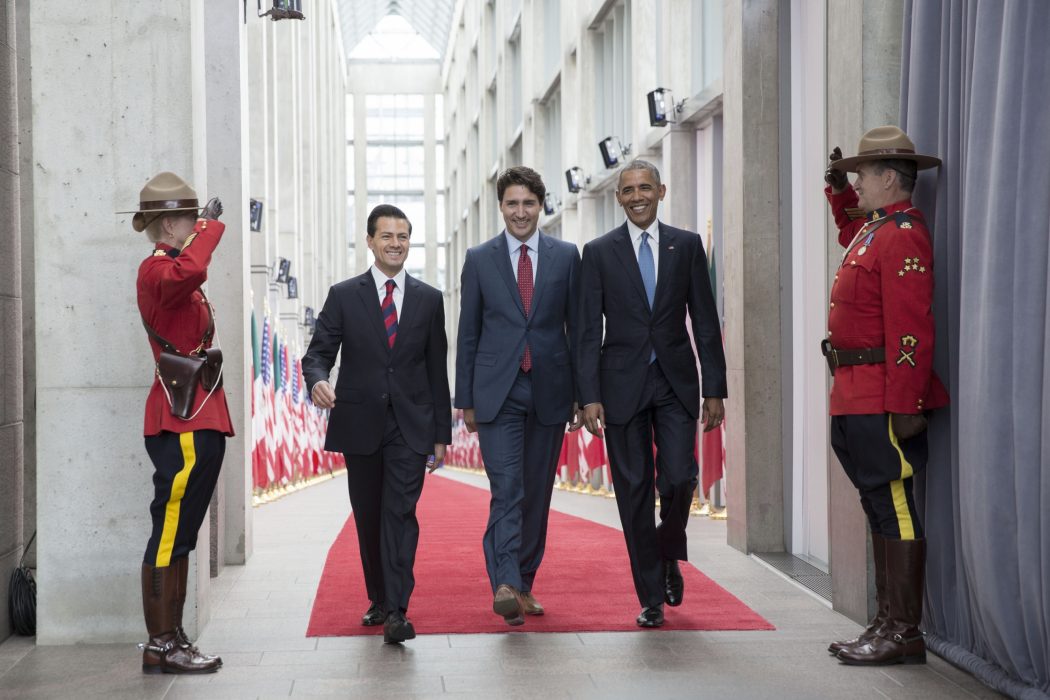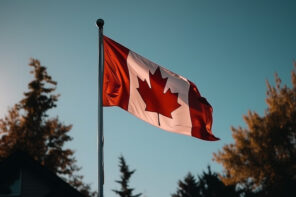Coming from Seattle, the question I get the most at McGill is, “Why on earth did you come here?” My answer is usually some reiteration of Montreal’s unique culture, the significant price difference compared to American universities, and McGill’s international reputation. But, in all honesty, I came to McGill because I thought it would bring me one step closer to Justin Trudeau.
When Trudeau took office in 2015, I, like many other young girls with an affinity for public policy, was in complete awe of this seemingly perfect man. The combination of his incredible good-looks and progressive political agenda made him unlike any politician I had seen before. Trudeau was my first crush, and as with any first love, I completely idolized him. While I deeply admire his diverse cabinet, advocacy for women’s rights, and ongoing emphasis on multiculturalism in Canada, I’ve come to learn that public figures, and particularly politicians, are never perfect.
Trudeau was my first crush, and as with any first love, I completely idolized him.
Earlier this year, Trudeau expressed his support of the Canadian government’s decision to sell $15 billion worth of armoured military vehicles to Saudi Arabia. While Trudeau claims the deal is in the best interest of Canada’s foreign policy, the truth is that the sale of these military vehicles essentially makes the Canadian government complicit in the deaths of nearly 10,000 Yemeni civilians as part of the Saudi-led coalition against Iranian rebels. Yet discussions about Trudeau among young adults (like myself) often omit these details, instead emphasizing the domestic policies of Canada’s “woke” Prime Minister.
Fans of Trudeau are not the only ones guilty of idolizing politicians who make some less-than-ideal foreign policy decisions. President Barack Obama, for example, is revered by liberals for progressing the United States’ health care policy and appointing Supreme Court Justices that eventually struck down all state bans on same-sex marriage in 2015. At the same time, Obama escalated the war in Afghanistan, mistakenly embraced certain movements in the Arab Spring, and, like Trudeau, aided the Saudi-led coalition in Yemen. Hillary Clinton, although a symbol of female prosperity in American politics, has her fair share of foreign policy mistakes, including supporting the Iraq war in 2002, pushing for a forceful intervention into Syria, and taking an active role in the controversial Libya intervention.
The role of a politician inherently inhabits a moral grey-area. Foreign policy is often where political leaders have to be pragmatic, sometimes leaving behind their more progressive social policies to handle the larger, more complex playing field of global politics. While we harbour these conceptions of political leaders based on their “woke” social policies, we need to remember that they also must pursue more strategic interests, often with less regard for ethical implications. Justin Trudeau is not perfect, and neither are Barack Obama or Hillary Clinton.
While we harbour these conceptions of political leaders based on their “woke” social policies, we need to remember that they also must pursue more strategic interests, often with less regard for ethical implications.
Like all my crushes, I eventually got over Justin Trudeau. When I return to Seattle, I come back without the naivety of my former self who believed Canada was some perfect nation led by a perfect leader.
To unequivocally support a political leader often means ignoring the uglier facets of their jobs. We ought to transition ourselves out of a pattern of infatuation with these characters, and into one of critical, holistic admiration.









Well put, Linnea! Hope to see more from this thoughtful and funny writer. 🙂